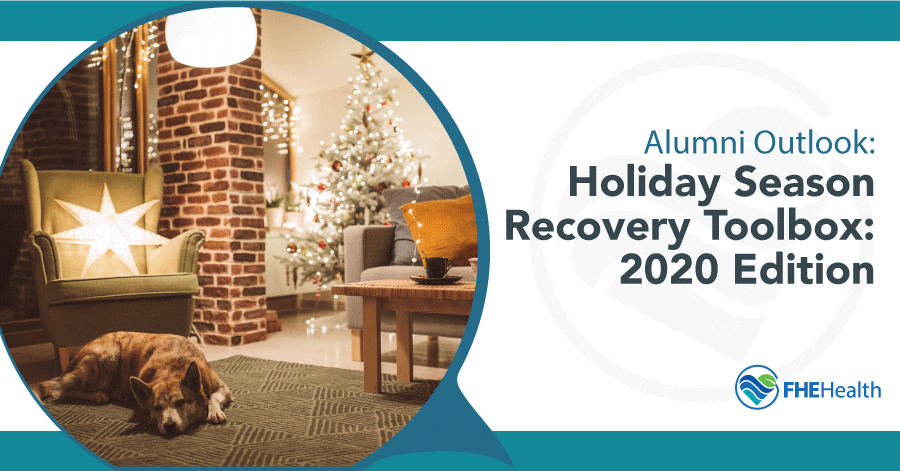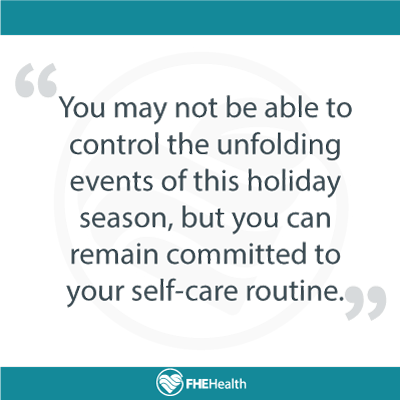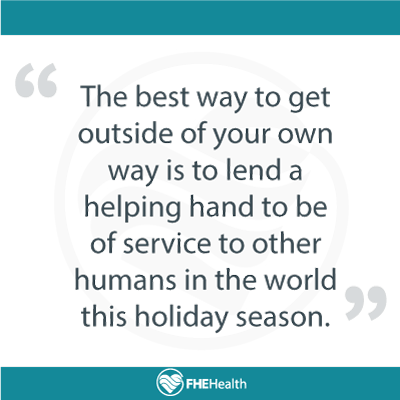
2020 has been an interesting and difficult year for everyone. The pandemic started, and most of us believed it would only last a few weeks or months. Here we are – almost an entire year later – and it looks like we may be heading back into a shutdown just in time for the holidays. COVID-19, an election year, mental health, financial difficulties, and maintaining sobriety in quarantine are just a few of the challenges we are facing this year.
The holiday season can be cheerful for some people. However, for others, especially those in recovery, this time of year often brings heightened anxiety, depression, and stress. From financial stressors, family tension, coronavirus, disrupted holiday traditions, and maintaining sobriety can lead to an even more tumultuous festive season. Roughly 29% of people tend to drink more during the holidays. If you are like me and have chosen the road less traveled – free from alcohol and drugs – the pressure to stay sober during the holidays can lead to extra stress and temptation. Here is a recovery toolbox with tips you can utilize to avoid a potential holiday relapse.
 Just because the hustle and bustle of the holiday season are alive and well, it does not mean that you should neglect your self-care routine. With the end of the year approaching, and this unexpected holiday season can be packed with events and stressors, it is vital that you keep up with taking care of yourself. You may not be able to control the unfolding events of this holiday season, but you can remain committed to your self-care routine. This will create some grounding and comfort to help you stay focused on ensuring your sobriety and mental health are taken care of. Whether you keep up with your gym days, maintain regular sleep, indulge in your favorite smoothie, or make time for your daily meditative practice – putting your needs first is a great way to maintain sobriety during this holiday season.
Just because the hustle and bustle of the holiday season are alive and well, it does not mean that you should neglect your self-care routine. With the end of the year approaching, and this unexpected holiday season can be packed with events and stressors, it is vital that you keep up with taking care of yourself. You may not be able to control the unfolding events of this holiday season, but you can remain committed to your self-care routine. This will create some grounding and comfort to help you stay focused on ensuring your sobriety and mental health are taken care of. Whether you keep up with your gym days, maintain regular sleep, indulge in your favorite smoothie, or make time for your daily meditative practice – putting your needs first is a great way to maintain sobriety during this holiday season. Although we are living in unconventional times for the usual service work activities, there are still several ways you can be of service.
Although we are living in unconventional times for the usual service work activities, there are still several ways you can be of service. 





